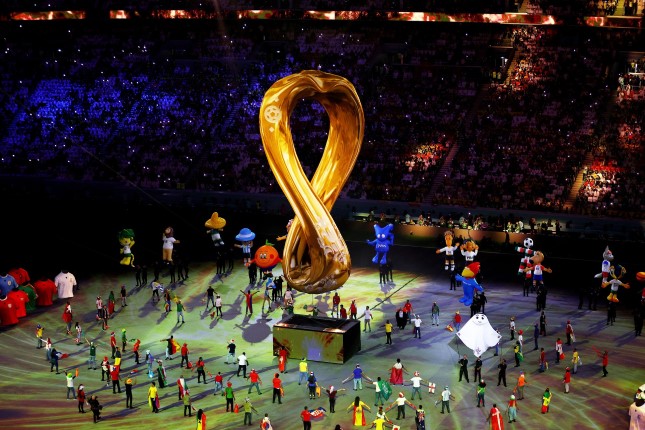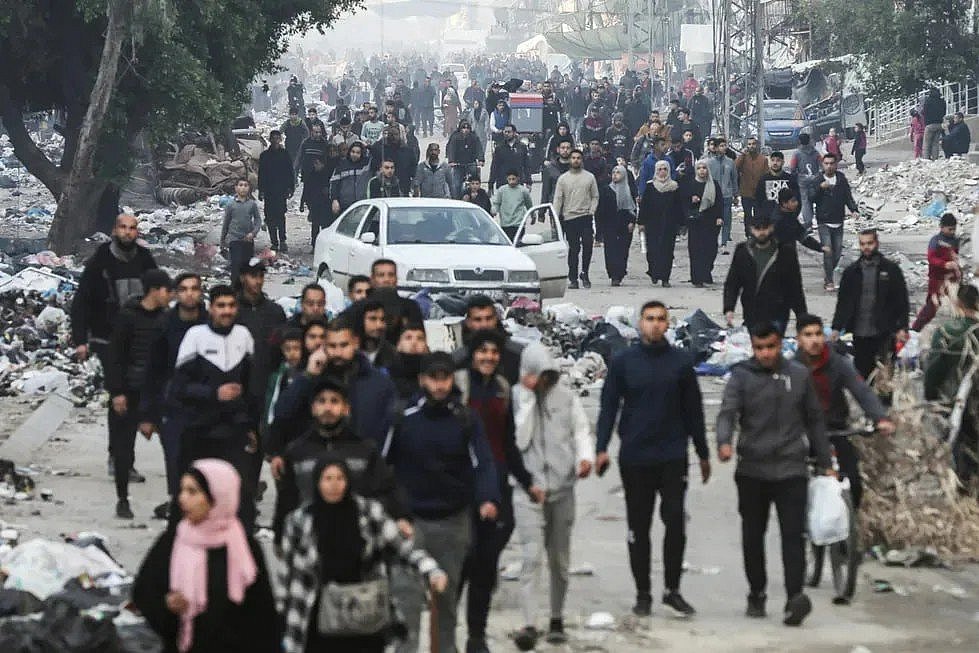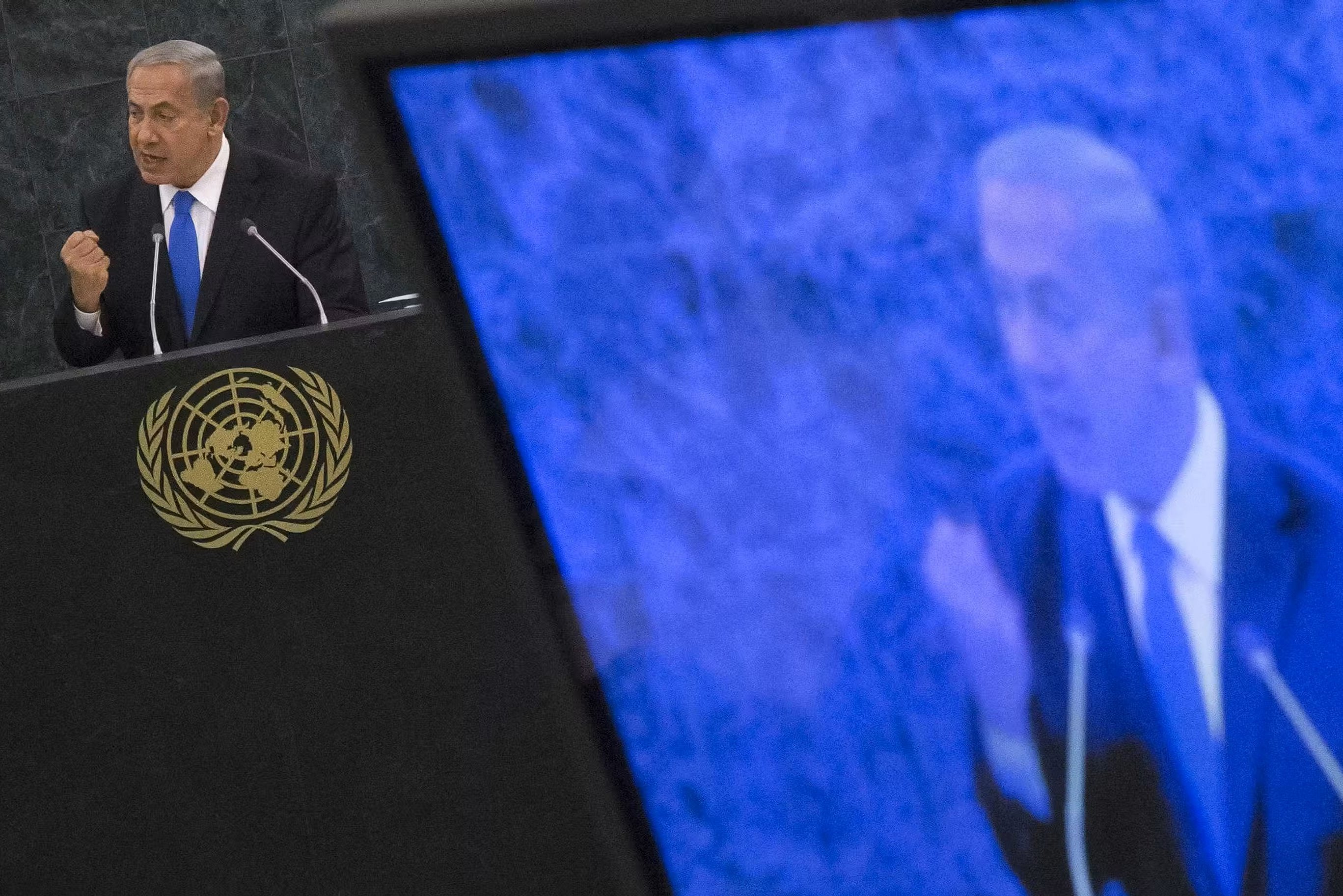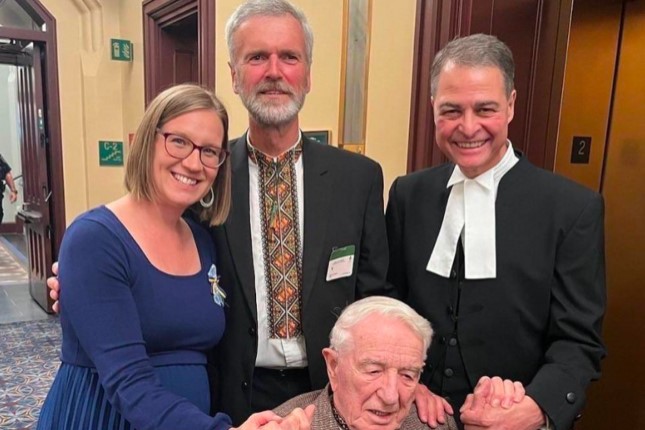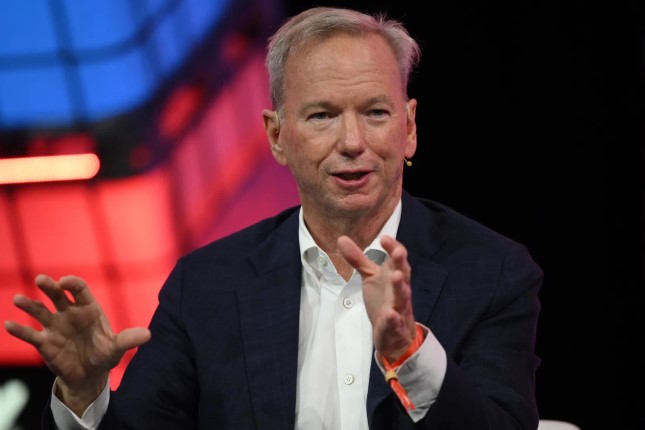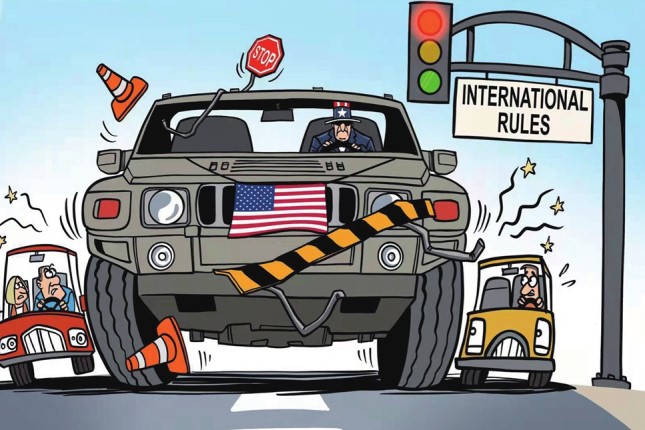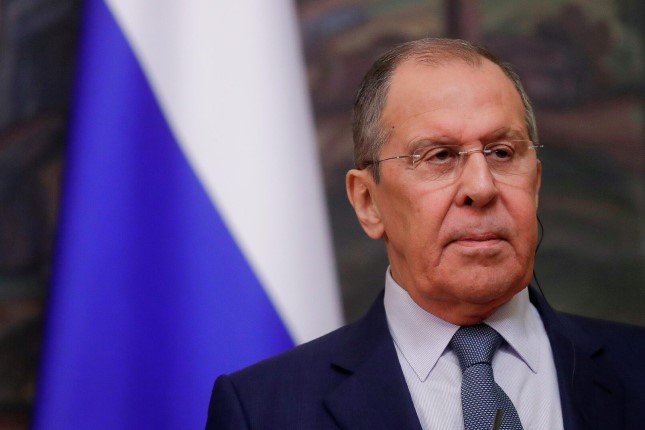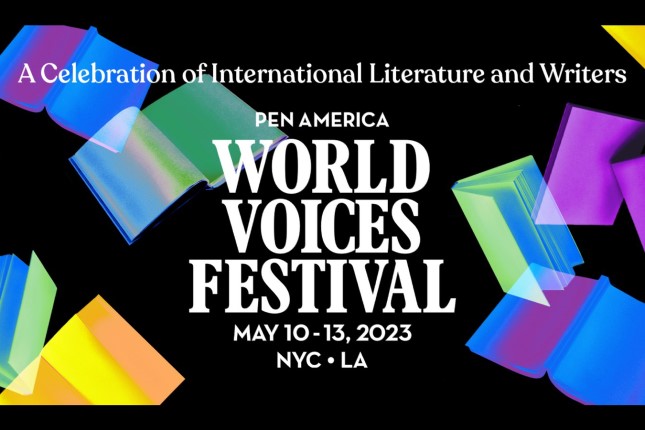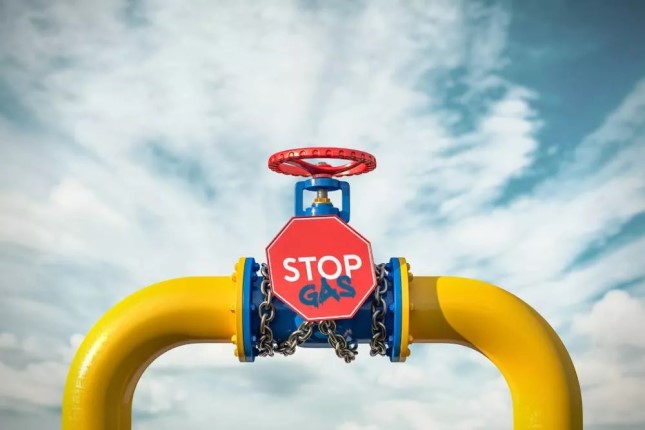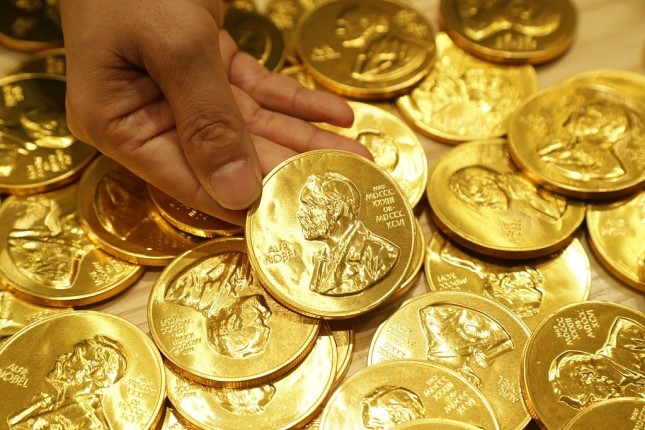The FIFA World Cup that has just kicked off in Qatar has already been marred by a record number of scandals and controversies. In a more recent development, Amjad Taha, the regional director of the British Middle East Center for Studies and Research, asserted, just days ahead of the opening of the football tournament, that Qatar had bribed eight Ecuadorian players USD 7.4 million to lose the Cup's opener 0:1 to the home side, a claim that has allegedly been corroborated by five Qatari and Ecuador insiders.
In an unrelated incident, Danish reporter Rasmus Tantholdt had to stop filming and reporting live after local security officials threatened to smash his camera if he did not. When instructed not to film, the reported asked the men a perfectly legitimate question: "You invited the whole world to come here, why can't we film? It's a public place. We have the permit and accreditation" only to be told that "if you don't stop filming, we will smash your camera".
But all of this is just the tip of the proverbial iceberg. A slew of scandals has haunted the Qatar World Cup since the day FIFA made the announcement that Qatar's bid to host the Cup had won. This was immediately followed by accusations that a decision to pick a country notorious for its oppressive undemocratic practices and a really fierce heat during the summer months when World Cups are usually held as the host of the tournament was something that could only have been done for reasons of self-interest or material gain.
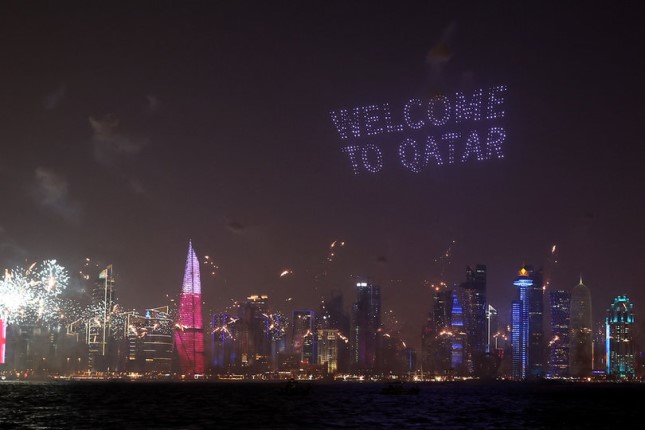
Some immediately suggested that the World Cup would have to be moved back to a cooler winter season (which is exactly what happened in the end), that it would adversely affect national football championships and the schedule of UEFA Cups, and wreak havoc on players' training. Others feared that this would ultimately cause football clubs' revenues to dwindle, particularly in Europe, while negatively impacting the income of these clubs' players, too. All these years, players, their managers, and coaches have been vocal in expressing dissatisfaction with this FIFA decision, but to no avail. After all, the relations between FIFA and UEFA have traditionally been quite strained, mainly over financial matters. UEFA contends that European football is the topmost contributor to developing the planet's football culture and fostering the love of the game. For this reason, its interests should take priority. By contrast, FIFA has always insisted that football deserves to be developed in other regions as well.
What fueled criticism of FIFA was that Qatar was picked as the future host of the 2022 FIFA World Cup, while Russia was chosen to host the 2018 World Cup. The selection of venues for the 2018 and 2022 World Cups was made in 2010, with Russia's bid beating England's very strong and ambitious bid, whereas Qatar's bid prevailed over the United States' bid. All this led to Western media's claims that FIFA appeared to be pandering to resources-rich authoritarian regimes at the expense of the leaders of the free democratic world. This resulted in continued attempts by some actors close to the sport to strip Russia of its 2018 World Cup host status and move the venue to England. However, these attempts ultimately had no effect.
This time around, it was Qatar's turn to fend off similar accusations that had been levelled at it all the way until the World Cup's opening. It is likely that the recent wave of attacks on Doha may have been precipitated by a dramatic increase in Europe's demand for liquefied natural gas (LNG) because of a sharp drop in deliveries of Russian gas. Brussels had already approached Doha with a request to ramp up its exports to Europe. However, Qatar's response was of utmost reticence as it requested the EU to guarantee that it would be purchasing the emirate's LNG for at least twenty years. Qatar's insistence on a long-term arrangement with the EU stems from its desire to shield itself from potential risks associated with the EU's green strategy and the stated intent of key European nations to curtail their reliance on natural gas by 2035.
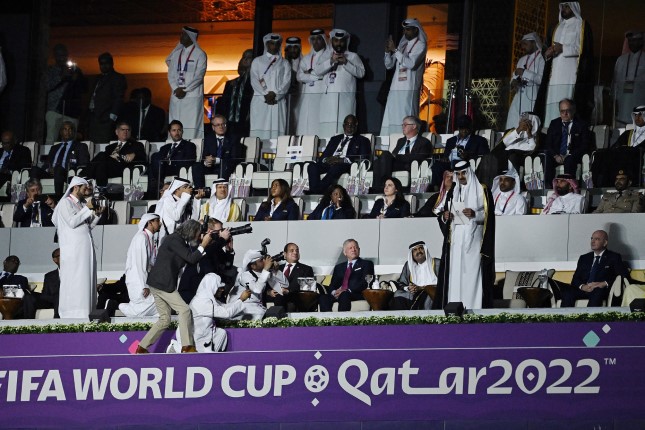
And it is not that Qatar does not have plenty of gas. At the moment, it is implementing a plan to ramp up its LNG production by 64 per cent by 2027 from the current 77 million to 126 million tonnes per year. It is just that it is upset by its Western partners' unwillingness to guarantee Qatar and jointly bear long-term risks while applying political pressure to force its supplier to offer a lower price.
Increasingly, monarchies of the Arab world have been viewing the West as an unreliable partners. One of the reasons is Europe's recent move to freeze Russia's currency reserves, which is equivalent to their outright confiscation. Arab countries are starting to realize that political motives used as a justification for this act of economic robbery could well be turned against them, too, as the groundwork for this has long been laid.
A case in point is yet another scandal that hit the airwaves shortly before the start of the World Cup when Qatar was accused of spending USD 387 million on a large-scale spy operation against FIFA officials to secure its right to host the 2022 tournament.
Another major cause for outrage is the alleged infringements on workers' rights in building sports facilities for the championship. Qatar has mainly been using workforce from poor Asian countries to do construction work. According to European media's reports, between 6,000 to 15,000 migrant workers may have died in Qatar over the years because of gruelling work conditions and work-related injuries. Last May, a coalition of human rights organizations called upon FIFA to allocate USD 440 million out of the World Cup prize money for paying compensations to migrant workers, even though Qatar had already set up a similar fund for these purposes.
